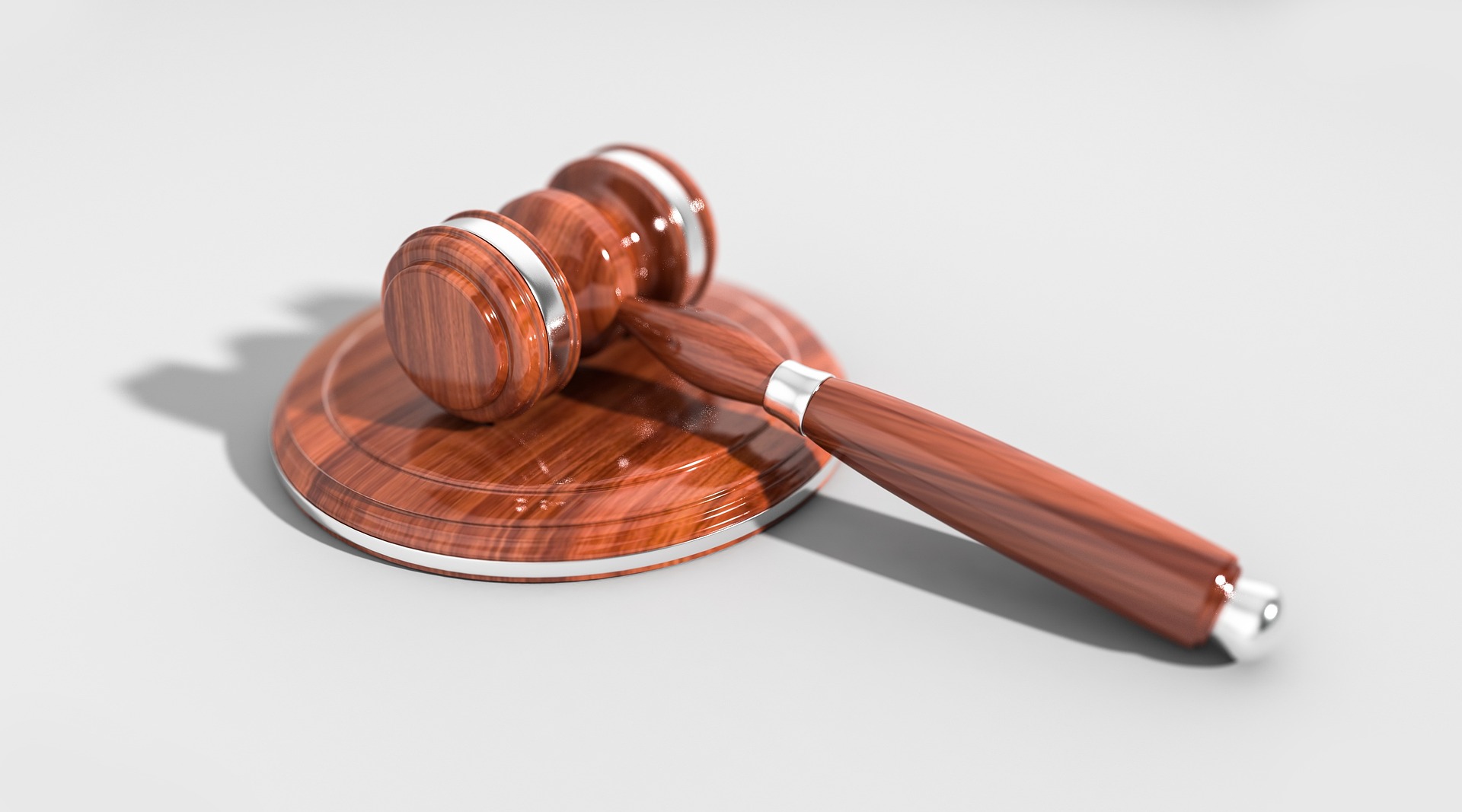The Role of Precedents in Shaping Future Legal Norms
In the vast world of legal principles and court procedures, precedents hold a pivotal role. They serve as guideposts, illuminating the path for future legal decisions. This article will delve into the historical foundations of the precedent system, its current implications, and how it influences the evolution of legal norms.

Historical Roots of Precedents
The concept of precedents, also known as ‘stare decisis’, originated from English law. The Latin term means ‘to stand by things decided’. The principle is embedded in the common law legal system, which relies on past judicial decisions to shape future rulings. Over time, this practice has proven instrumental in ensuring consistency and predictability in legal outcomes.
The Mechanics of Precedents
Precedents come to life when a court, particularly at the appellate level, delivers a judgment on a matter of law. This judgment then becomes a binding precedent that lower courts must follow in similar cases. However, precedents are not set in stone. They can be overruled by a higher court or the same court in a different period, allowing for legal evolution in response to societal changes.
The Precedent System’s Global Reach
While born from English law, the precedent system has extended its influence globally. Many jurisdictions with civil law systems, traditionally resistant to the notion of binding precedents, have begun to embrace the concept. This shift is largely due to the recognition of the precedent system’s role in enhancing legal certainty and consistency.
Precedents and the Evolution of Legal Norms
The active role of precedents in shaping legal norms cannot be overstated. They form the backbone of legal predictability, providing a reliable framework for individuals, businesses, and governments to plan their actions. However, they also allow for legal adaptability, as courts can reinterpret them in light of societal advancements or changing views on justice.
The Implications of Precedents on Society
Precedents have a profound societal impact. They influence a broad spectrum of issues, from civil rights to commercial law. By setting a consistent standard for legal outcomes, they promote fairness and equality before the law. Conversely, outdated precedents can hinder progress; hence, the ability to overturn them is crucial.
In conclusion, precedents are a cornerstone of the legal landscape, shaping future legal norms and ensuring certainty in the law. Their role in pushing legal evolution, while maintaining consistency, is a delicate yet crucial balancing act. As society advances, so must our understanding and application of precedents, ensuring that our legal system remains fair, responsive, and just.




